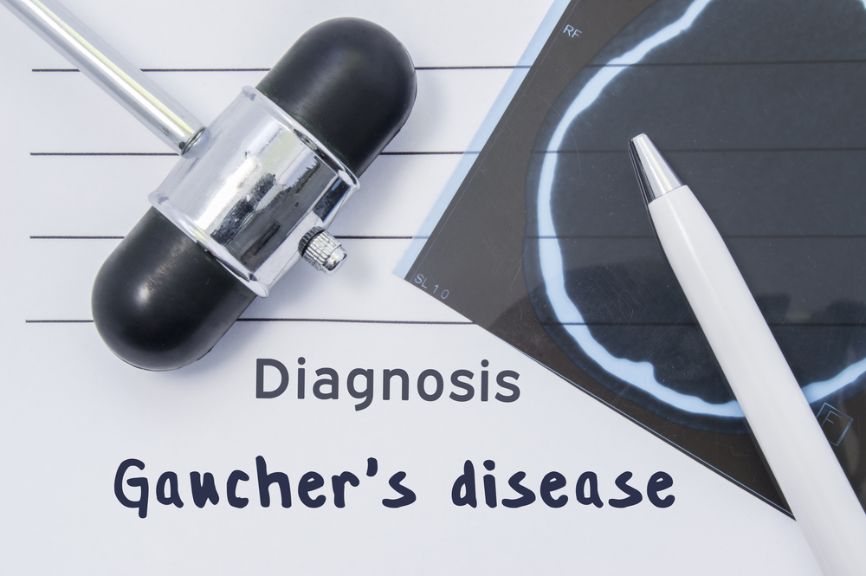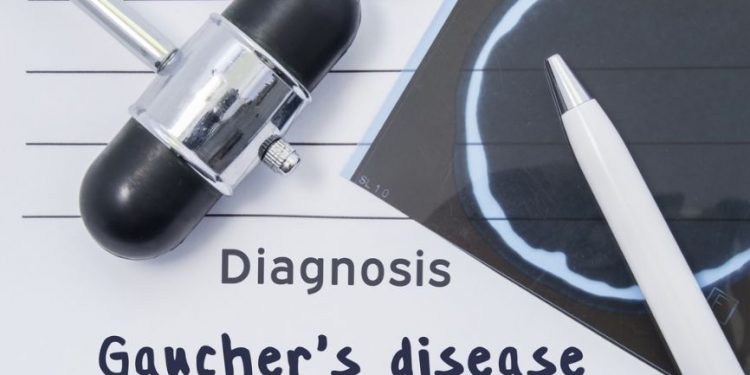Having an inherited genetic disorder like Gaucher’s disease can be stressful. But it’s important to remember that there are a lot of things you can do to help manage symptoms and make life easier.
The first step to getting a diagnosis of Gaucher’s disease is to ask your doctor about your family history, especially if you have relatives who are affected by the condition. Your doctor may recommend a DNA test, which can reveal whether you are a carrier for the disease or not.
If you have a family history of the condition, your doctor may do an exam to see if any signs and symptoms of Gaucher’s disease have developed. Your doctor will also do blood tests to check for the levels of an enzyme called glucocerebrosidase.
Your doctor will also examine your liver, spleen and bone marrow. Your doctor will check for the buildup of fats (lipids) in these organs, which can cause many different problems and symptoms.
Symptoms of type 1 Gaucher’s disease include painless enlargement of the spleen, anemia, and bleeding and bruising due to low platelet count. Symptoms can appear at any age, but they usually start in a child’s teen years or later.
Another common sign of type 1 Gaucher’s disease is a weakening of bones. This can lead to easy bruising, fractures and other bone injuries. People with this form of the disease may have weaker muscles and lack coordination.

There is no cure for Gaucher’s disease, but medical treatment can improve some symptoms and help people live better with the condition. The main way to treat type 1 and 3 Gaucher’s disease is with enzyme replacement therapy. This therapy is given intravenously every two weeks and can decrease liver and spleen size, reduce skeletal abnormalities and reverse some of the other symptoms associated with the condition.
Other treatment options for types 1 and 3 Gaucher’s disease include surgery to remove enlarged spleens and blood transfusions to treat anemia. There is also an FDA-approved medication called eligustat tartrate that can be used to control the growth of lipid-containing cells in the spleen and liver.
The most common type of Gaucher’s disease is type 1. This is the most common form, affecting about 90% of people with the condition. This form of the disease does not affect the brain and spinal cord, so it’s considered non-neuronopathic.
Some people with this type of the disease develop seizures and neurological complications. They can have eye movement disorders, a memory problem, muscle rigidity and swallowing difficulties.
Often, people with this type of the disease die in their teens or early twenties. Others live until their late thirties or forties, according to the National Gaucher Foundation.
There are several organizations dedicated to helping people with Gaucher’s disease and their families. These include the National Gaucher Foundation, the National Organization for Rare Disorders and the Genetic Alliance. These groups provide a variety of resources to support patients and their families, including information about treatments for the condition, financial assistance and other types of support.









